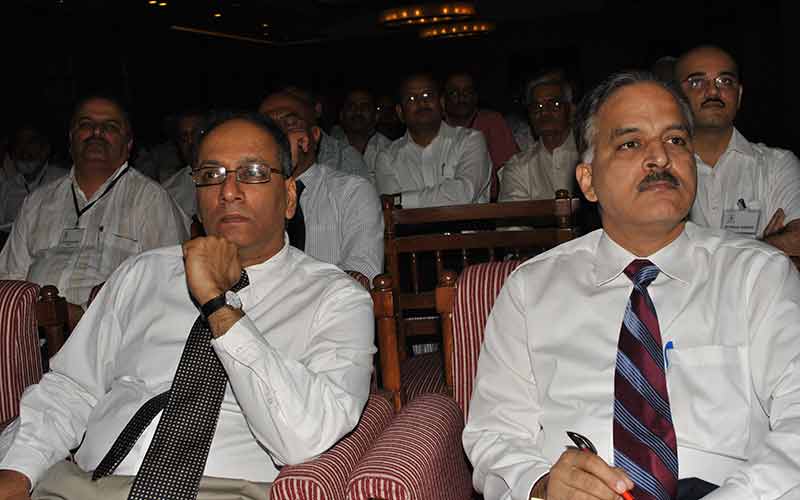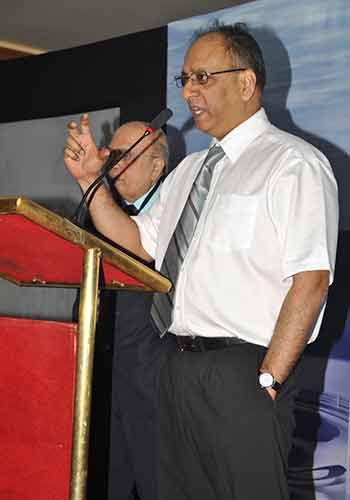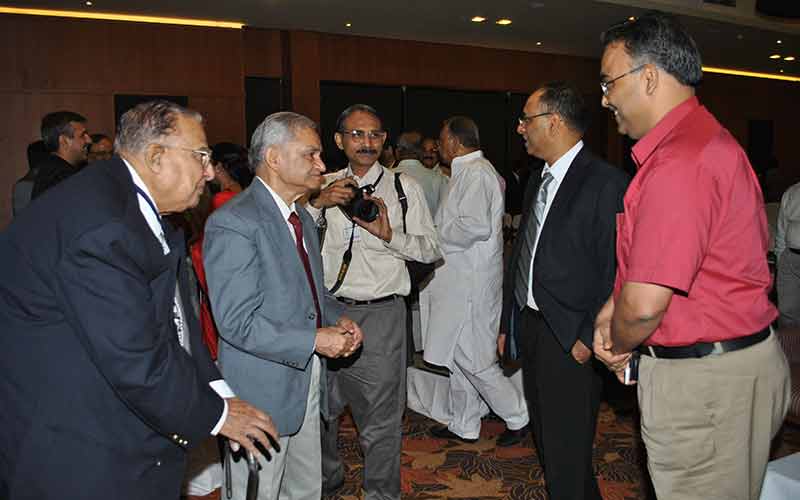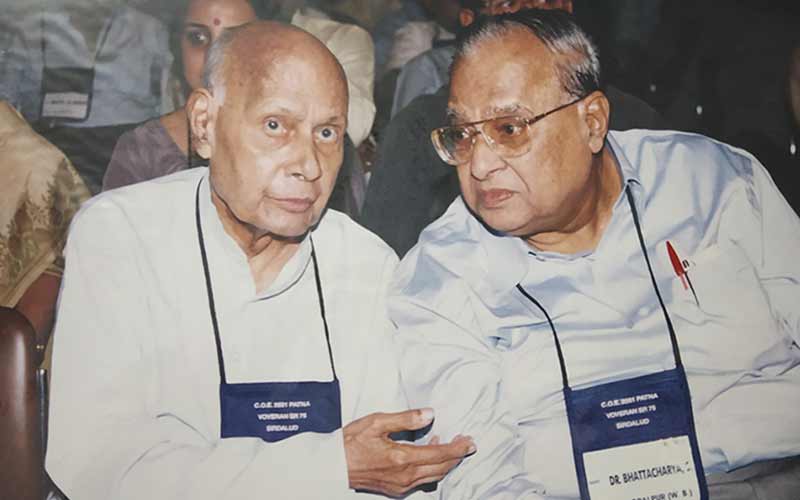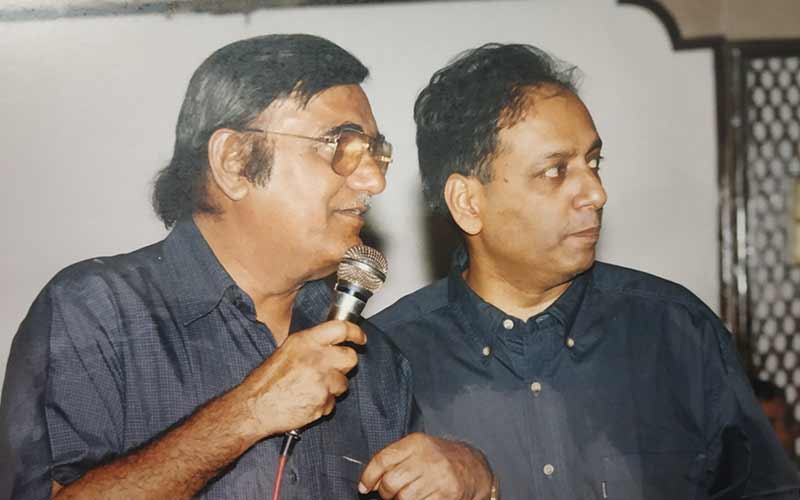The trustees of the Foundation have been holding wide ranging discussions to fulfill the objectives set down in the memorandum. Athough the memorandum has been conceived and formulated as a comprhensive document, financial constrainsts have determined the ongoing activities of the foundation. Even before registering the Foundstion as a non-profit Trust the feasibility and practicality of holding continuing Orthopaedic education programmes were tried out on an experimental basis starting from the year 1983 at Patna. From 19837 to 1987 various models of programme were conducted in order to formulate the most useful format of such programmes. The faculty while organising sucg programme not only discussed the details among themselves but also obtained the repose from the registered participants, encouraging and persuading them to provide feedback information about their requirements. in fact, this two way traffic between the faculty and the registrans has been a continuing process with a view to improve the effectiveness of the programmes held by the Foundation. A look at the details of the programmes held fom year to year till 1997 gives a clear indication as to the emerging format of the continuing orthopaedic education for orthopaedic surgeons.
The trustees being aware that many workshops are held in the country by dedicated orthopaedic surgeons in an effirt to improve the quality of performance of practicing orthopaedic surgeons formualted the programmes under this Trust, of a mere comprehensive and different type, keeping in mind the motto of the founder of this Trust. Such programmes are of two types. One type is craft oriented i.e, the programme is menat to provide hands – on – workshops for a particular craft of orthopaedic surgery e.g. A.O. Fixation of fractures or ilizarov method of treatment or varities of fixation of the spine etc. The other consists of some what disjointed series of lectures with no connecting links between the subject in which the lectures are given.
The Trustees felt that there was scope for organising a thematic instructional course oriented towards an in-depth presentation of a selected group of inter-related conditions, in which the coverage provides an integrated understanding of an area of orthopaedics. In planning such programmes, the trustees have kept in mind the following essential points:
A non profit trust (1987) with the objectives as stated in the memorandum of the foundation, this trust was registered on the basis of experience in conducting continuing orthopaedic education courses from 1983 onwards as an anuual programme. It was meant to benefit young orthopaedic surgeons who are already in practice but require exposure to the ongoing changes in the filed of orthopaedics.

